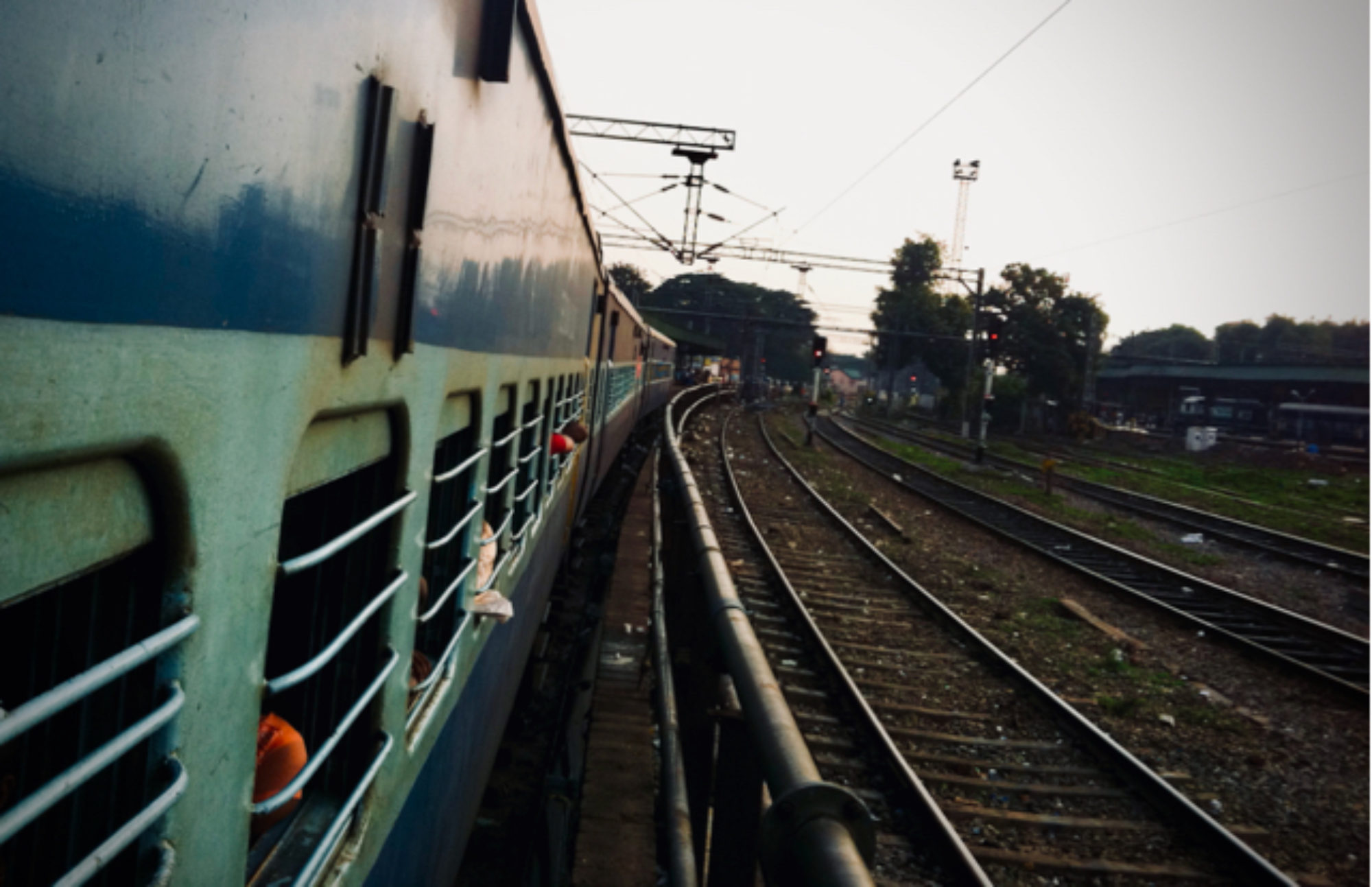Access to reliable power and internet connection in Africa is an issue that we are always seeking to solve with investments in new technologies. These new technologies and increased investment in the market are positioning Africa as a leader in growth. The articles below highlight the exciting developments.
Africa marked as fastest growing technology market on IT News Africa
Hemmanth Singh, managing executive of m-Commerce at Vodacom, revealed Africa as the fastest growing technology market at the 2014 Gartner Symposium. According to Singh, Africa’s growth is predicted to continue at 5-6% for the next two years and in that time 84% of Africans are expected to have better livelihoods than they do currently.
As the world’s fastest growing technology market, 56% of urban consumers own internet-enabled devices and 50% of the African population accessed the internet in the past month. There are more mobile money accounts than bank accounts in Kenya, Tanzania, and Uganda, with mPesa in use by 15 million people in Kenya alone, moving the equivalent of 31% of annual GDP.
Kenya’s BRCK ships over 600 devices on BizTech Africa
Our portfolio company, BRCK, launched its units in July with the goal of providing internet connectivity to off-grid areas. Since the product launch, over 600 of the rugged wireless routers have shipped to 45 countries. The BRCK works to create a reliable internet connection and switches between Wi-Fi, Ethernet, and 3G or 4G networks. The BRCK also features an 8-hour battery to fall back on should the power fail, which is a constant problem. For example, in East Africa 90% of schools and 30% of hospitals are located off-grid according to the East African Community (EAC).
Only 24% of the developing world is connected to the internet and those with access often experience problems due to power outages. The creation of the BRCK is an attempt at solving the issue of internet connectivity and reliable electricity in rural communities. “This is a critical innovation for a variety of sectors across Africa. The BRCK taps into the unique market characteristic of emerging market internet subscribers: 65% of whom access the internet wirelessly,” the company stated.
East Africa tops Africa for internet access & connectivity on IT News Africa
Kenya currently has the highest bandwidth per person, the fastest speeds, and some of the lowest internet costs on the African continent, according to a presentation given by Liquid Telecom Kenya CEO Ben Roberts at the EastAfrica.com conference. “Kenya has achieved a confluence of infrastructure and provision that has positioned it with the highest internet take-up compared to income per capita in Africa” Roberts stated. Research by the Internet Society further found that East Africa offers the lowest internet costs on the continent, with Kenya the cheapest in the region.
The Internet Society’s report, ‘Lifting Barriers to Internet Development in Africa,’ found that Kenya outperformed in overcoming infrastructure barriers to arrive at its position as internet leader. Most critically, the government’s support has been directed at increasing access and participation by more carriers, resulting in the country’s bandwidth increasing to 20Gbit per second. The country also has 13 licensed international gateways, more than any other country in the region. The localization of internet connections through the Kenya Internet Exchange Point (KIXP) also played a critical role in Kenya’s rise to internet leadership, allowing local internet users to interconnect locally. This shift to local exchange has also impacted mobile operators. Operators are seeing an individual revenue increase of almost $6M a year from the rise of locally routed Internet traffic.
The benefits of the KIXP are beginning to extend beyond Kenya’s borders. As of January 2012, 56% of the Autonomous System numbers routed through the KIXP were from 16 foreign countries, both on the Continent and as far away as the United States. “The investment in this key national and local infrastructure is absolutely key to further increasing African internet speeds and reducing the cost of internet use to all users,” said Mr. Roberts.
New Here?
- Learn about what we do.
- Follow us on Twitter.
- Like us on Facebook.
- Join us on LinkedIn.
- Add us on Google+.
- Sign up for our mailing list.
- Catch up on past Weekly Reviews.
- Fundraising for a mobile tech, alternative energy, or ag tech startup? Apply.
